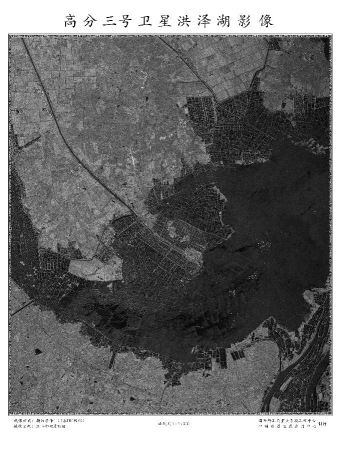23 January 2017
The Green MEP for the South West, Molly Scott Cato, has warned that family farms could disappear from our countryside if the UK leaves the Single Market. Dr Scott Cato, who sits on the Agricultural Committee in the European Parliament, believes that in the absence of a new trade deal with Europe outside the Single Market, the UK would revert to WTO trade rules which could prove disastrous for farmers.
Under WTO trading rules, tariffs would be imposed on around 90% by value of the UK’s exports to the EU [1]; the EU accounts for around 65% of total agricultural exports from the UK, while around 70% of the UK’s imports originate from other EU countries [2]. Tariffs on both exports and imports would make UK farmers less competitive and increase both food prices for consumers and supply chain costs for food producers. Molly Scott Cato said:
“The decision by Theresa May to opt for a hard Brexit will strike our family farmers and small scale food producers particularly hard. They are the cornerstone of agriculture across many parts of the UK, so any tariff or non-tariff barriers could seriously weaken regional economies and devastate rural communities.
“The government has no plan on replacing the agricultural support and direct payments farmers receive through the Common Agriculture Policy; it wants to end free movement making it impossible to take on seasonal migrant labour from EU countries and exit the single market risking tariffs on exports and imports. This is a triple whammy few family farms could withstand.”
Dr Scott Cato argues that Brexit does throw up opportunities for a new approach to farming, but doesn’t believe the government have shown any willingness to support such an approach:
“Brexit could be used as an opportunity to move towards a diverse and ecologically sustainable farming system; one which focuses on relocalising food production and boosting rural economies [3]. But so far all we have heard from the Defra secretary, Andrea Leadsom, are plans to shred EU legislation, dismissing it as red tape [4]. But many of these measures are aimed at safeguarding our soils, protecting habitats, guaranteeing animal welfare and utilizing farmland for capturing and storing carbon to help in the fight against climate change.
“This government seems hell-bent on pushing large scale industrialised farming post-Brexit, and letting our family farms and small scale producers flounder. Such an approach will leave the 71% of our land currently used as farmland less protected and further damaged; less beneficial to protecting soils, biodiversity and animal welfare and less able to tackle climate change.”
Molly Scott Cato will launch a new report in the Spring on farming policy after Brexit which will identify opportunities on how farming can create environmental, social and economic benefits.
Notes
[1] http://www.cbi.org.uk/global-future/case_study06_wto.html
[2] http://www.nfuonline.com/assets/61142
[3] http://mollymep.org.uk/2016/09/14/green-meps-agricultural-support-post-brexit/
[4] http://mollymep.org.uk/2017/01/04/defra-secretary-is-environmentally-irresponsible/
Tweet
Back to main news page
Let’s block ads! (Why?)
read more



